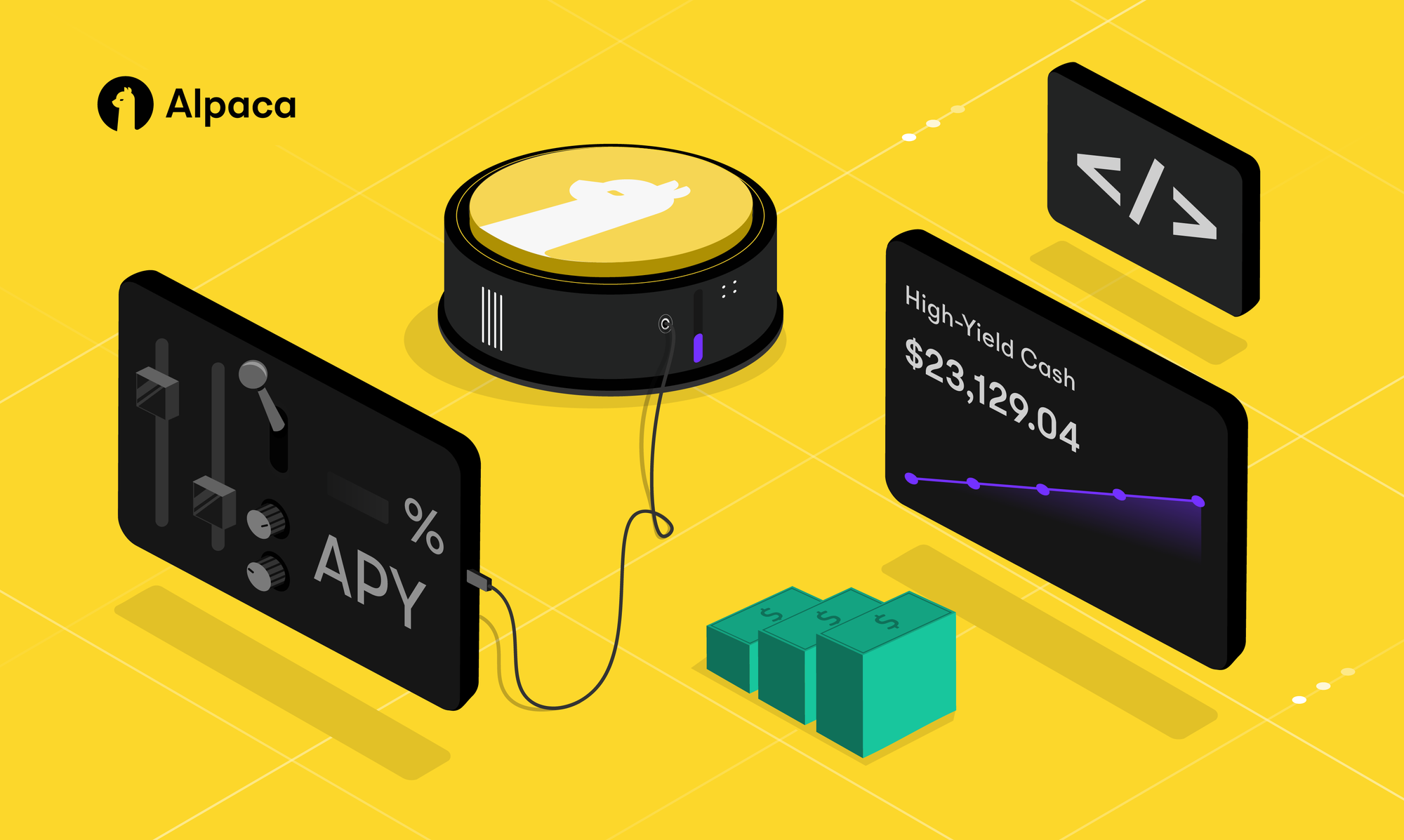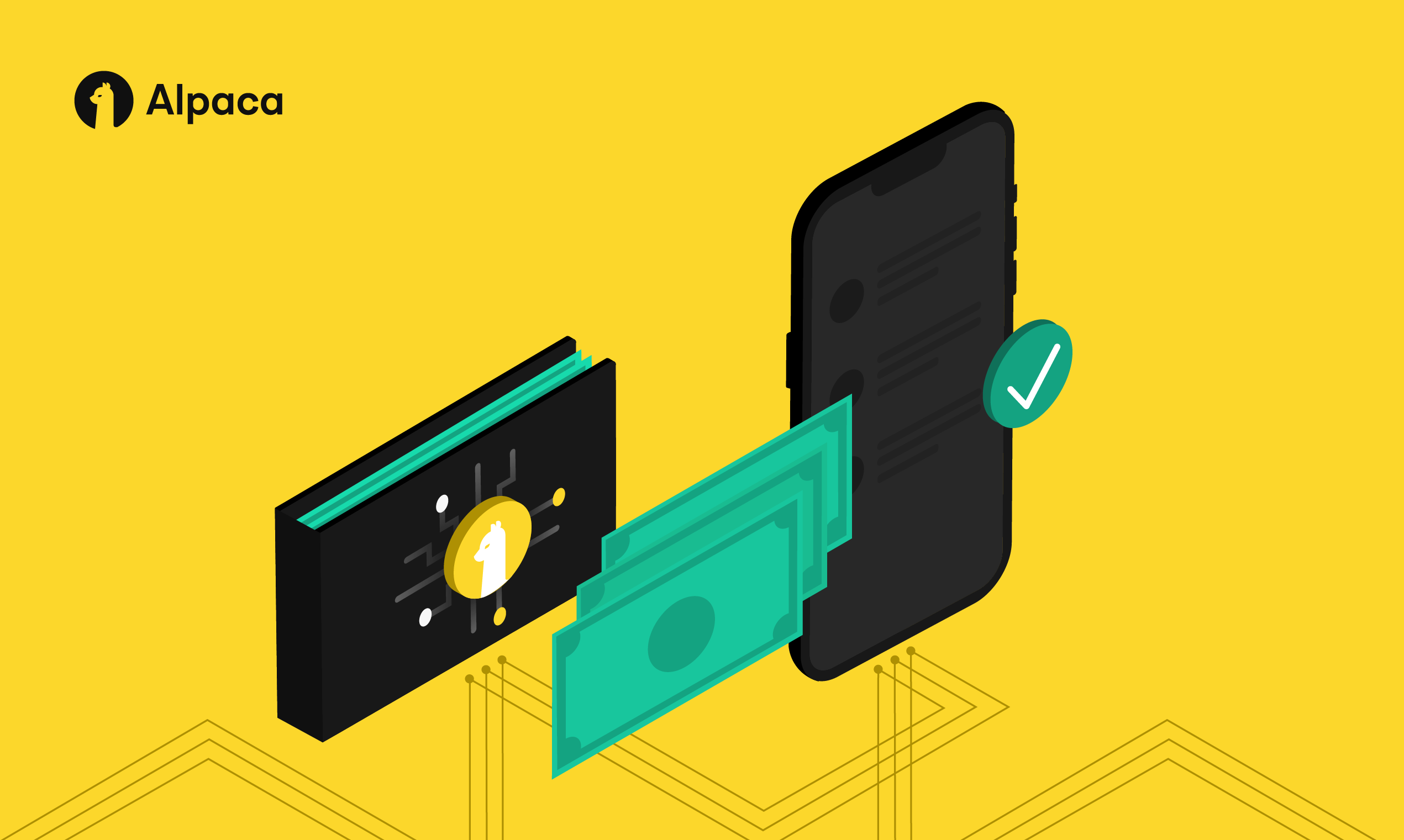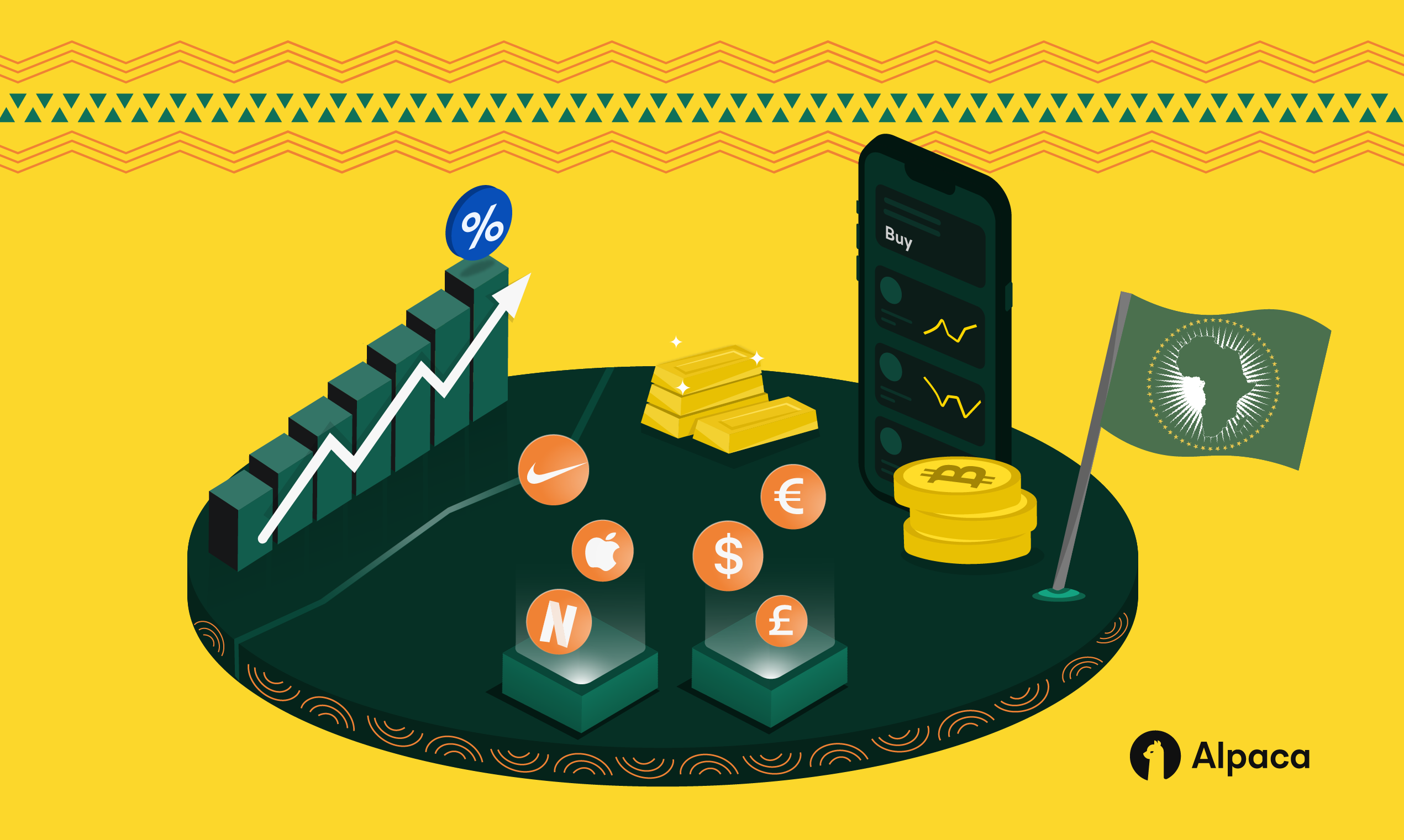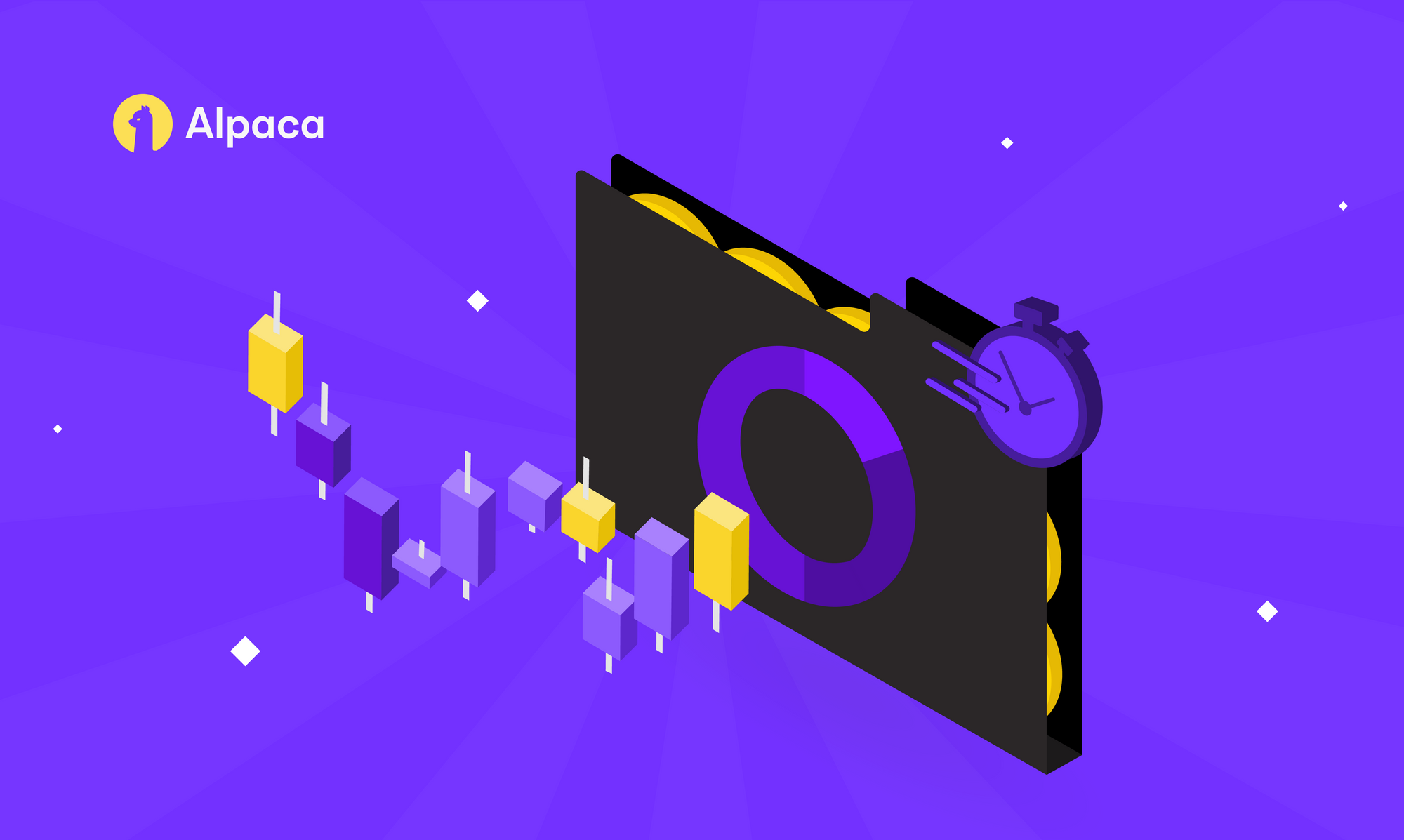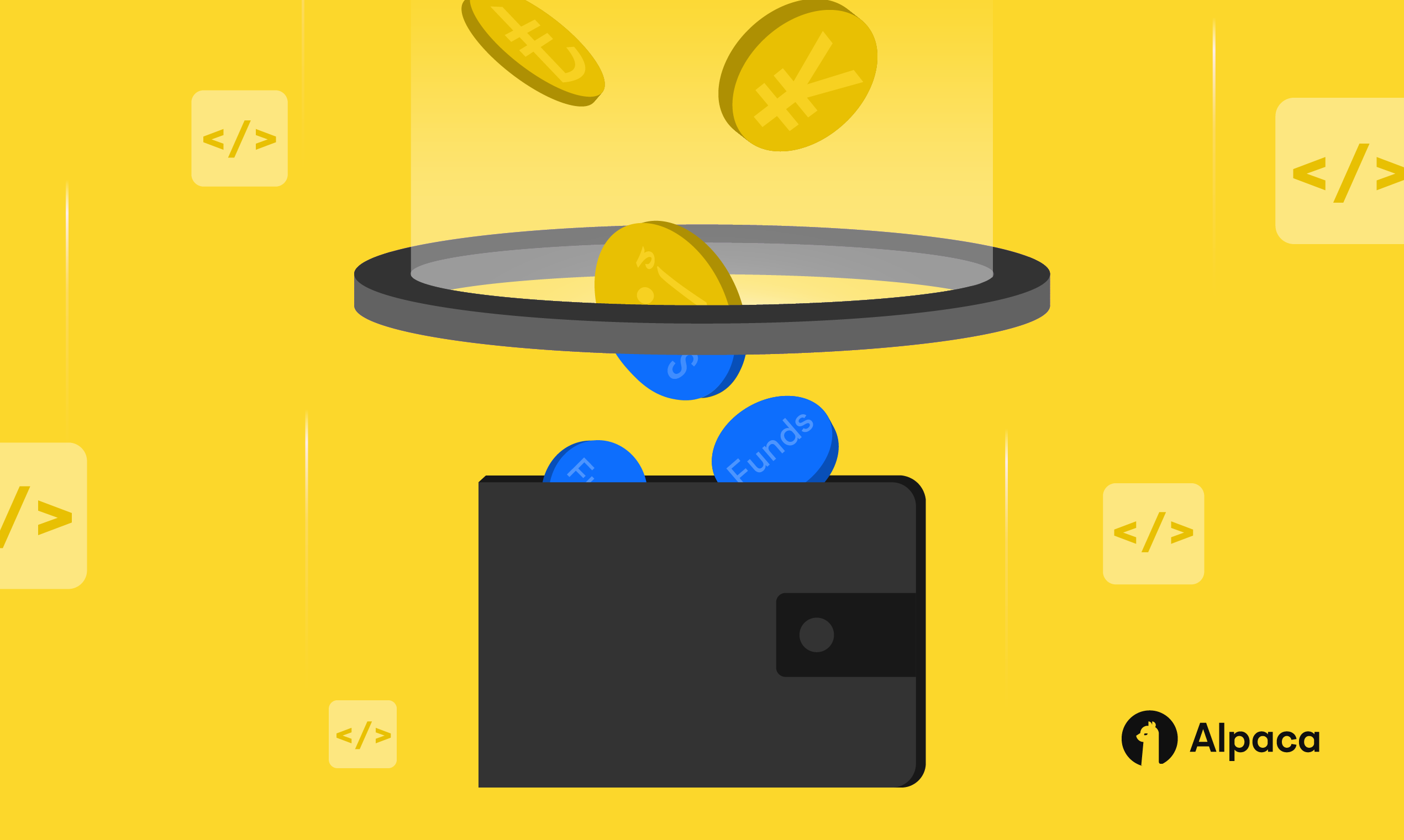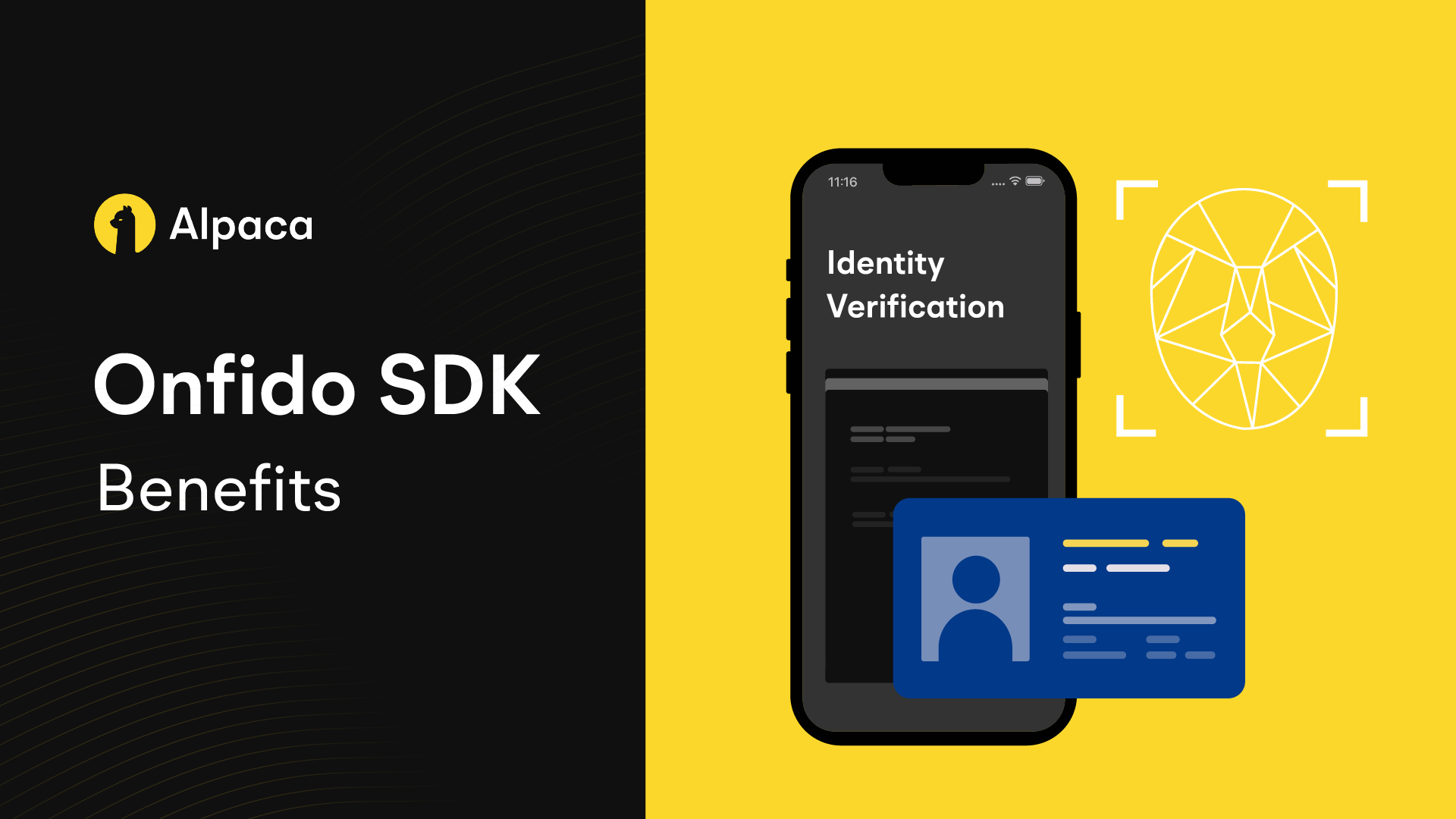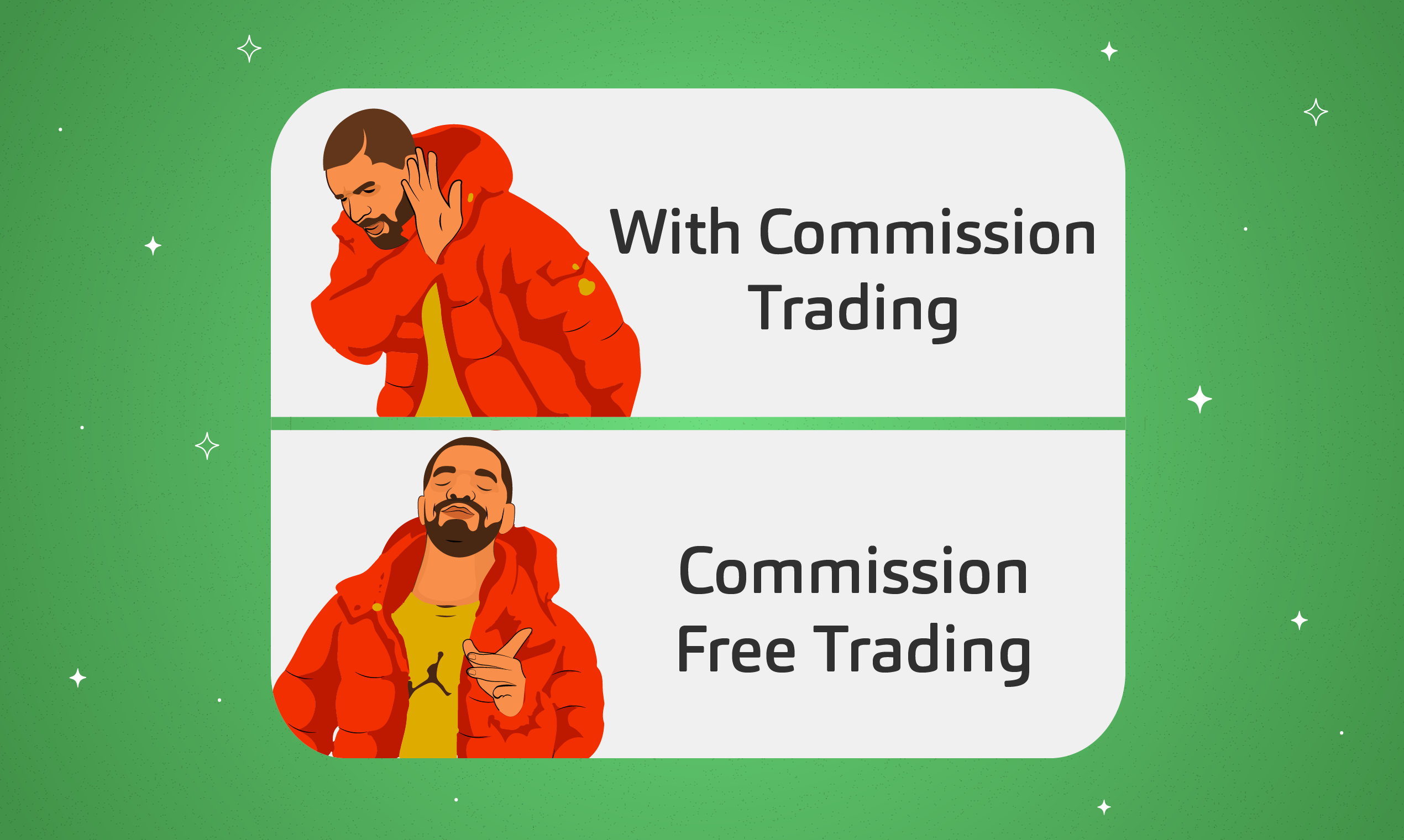
The industry has been discussing this controversial topic and the GameStop trading halt pushed it back into the spotlight. You guessed it, we’re referring to payment for order flow (PFOF). The market is paying lots of attention to PFOF, as it impacts how commission-free trading apps operate and earn money.
SEC Chairman Gary Gensler says a PFOF ban is ‘on the table’ and claims the practice creates “an inherent conflict of interest.”

On the other hand, GOP Senator Pay Toomey recently introduced a bill that would limit the Security and Exchange Committee's ability to ban payment for order flow.

Regardless of how we interpret these discussions, payment for order flow (also known as or revenue from order flow, or market maker rebates) is worth paying attention to when it comes to understanding how the U.S. stock market works.
With that said, let’s take a closer look at what payment for order flow means, how the industry works, and what the controversy is all about.
Note: This article is an updated version of our original article published on Nov 20th, 2018. Since 2019, most major brokers have eliminated commissions for online stock trades.
What is Payment for Order Flow
Payment for order flow (PFOF) means that retail brokerages are compensated by market makers for sending clients’ orders to the market maker instead of the stock exchange.
This “rebate” is usually fractions of a penny for every share bought or sold. Some of the top market makers include Virtu, Citadel Securities, Susquehanna, Jane Street, Two Sigma, and UBS, while online brokerages include Charles Schwab, Interactive Brokers, Robinhood, Alpaca, TD Ameritrade, Webull, and more.
If you’ve ever wondered how brokerages like Alpaca and Robinhood are able to offer commission-free trading, payment for order flow subsidizes commission-free trading, which is now the industry standard for U.S. brokers. Certain markets, such as the U.K. have banned payment for order flow.
How Commission-free Brokerages Make Money
It’s no secret that brokerages have operating costs and need to make money. Broadly speaking, most retail stockbrokers operate similarly and are significant drivers of revenue including interest income and payment for order flow.
Why is this Controversial?
Critics argue that payment for order flow creates a conflict of interest by giving firms an incentive to encourage clients’ frequent trading. The more clients trade, the larger the order flow a brokerage can sell.
Critics argue that you’re being sent to slaughter, your orders leaked to front-running high-frequency traders in secretive kickback schemes. Serious accusations that would be problematic, but consider these facts:
- Frontrunning is illegal. Laws may not always stop people and companies from doing bad things, but why would a market-making firm, which is typically a profitable enterprise, risk its business to front-run a retail order?
2. Regulation NMS requires your order to be filled at a price equal to or better than the National Best Bid and Offer (NBBO), which is the best available displayed price across all exchanges.
Why would a market maker pay your broker for your order?
You may wonder, if there’s no funny business going on, why would a market maker pay your broker for your order AND often give you a better net price than what you could get on an exchange, also known as price improvement?
Not surprisingly, market makers are willing to pay for your order because on average, they can profit from it. The reality is that retail order flow is more diverse and less toxic than institutional flow.
As an example, imagine that you send a market order to buy 100 shares of a stock and that this order is routed to a market maker. The wholesaler receiving your order knows that:
- The average retail order does not have more shares behind and hence will not impact price significantly.
- The average retail order is uncorrelated with past and future order flow.
- The average retail order does not have a short-term positive expectation. (This may sound intimidating, but this is the case most of the time. Even most professionals do not have a short-term positive expectation for their trades.) A top-tier infrastructure, a large balance sheet, and a strong predictive model are table stakes here. Even then, competition and efficiency have squeezed market makers’ profits, and retail orders can be winning trades on any time horizon.
As another example, imagine that you send a non-marketable limit order to your broker. This is a passive order that adds liquidity to the order book and is only executed when an aggressive counterparty interacts with it. The wholesaler or your broker themselves may route this order to an exchange that will pay them a small rebate (fractions of a cent per share) if it is filled. The arrangement of receiving rebates for passive fills and paying fees for aggressive fills is the predominant access fee schedule for U.S. equity exchanges and is known as the maker-taker model.
Thus, whether you are crossing the spread or waiting patiently to get filled, the wholesale market maker and your broker can generate a tiny profit on your order, which helps offset their costs and provide you with their services.
How much are brokerages earning from order flow?
Under Securities and Exchange Commission Rule 606, all broker-dealers are required to provide publicly available quarterly reports on their order routing practices.
From the 2020 revenue reports of large online brokers, Robinhood disclosed $675 million in order routing revenue, and Schwab disclosed $621 million in order flow revenue [1].
Some of the top brokerages such as E*trade, Robinhood, TD Ameritrade, and Charles Schwab earn money using payment from order flow. In fact, Robinhood reported that PFOF and transaction rebates represented 75% of its total revenue for the year ended December 31, 2020, and 81% of its total revenue for the three months ended March 31, 2021 [2]. Its revenues are currently “substantially dependent on these fees.” Other brokerages including Webull, Ally Invest, Alpaca, and Interactive Brokers also use PFOF to offer commission-free trading.
What’s better?
Commission-free trading can help provide you with a clear and concrete benefit, which is “no commissions.”
Before payment for order flow became an industry norm, you would’ve spent $5 or more to execute five shares of AAPL.
Imagine that you bought 100 shares of GOOG instead of one share. At a price of $2954.46 per share and a $5 commission, bid/ask spread aside you’d start only 0.005% in the hole on a $295,446 trade. This seems more palatable, but how often do you expect to be making such large trades?
Some have suggested that there is an inverse relationship between price improvement and PFOF. In other words, if customer orders on average receive more price improvement, then that customers’ broker will receive less PFOF.
Does the public have any data on this? Brokers are required to disclose certain information about their order routing in what is known as a Rule 606 report. This report discloses the details of how much PFOF was received from wholesalers, including the breakdown of order types.
Although some brokers like to tout their price improvement stats here, they only provide averages and tell you nothing about the amount of price improvement you will receive for any given order. In other words, if you give your broker a market order to buy 1000 shares of a stock when the bid price is $31.79 and the offer price is $31.80, it is unlikely to know what price the order will be filled at — $31.7975, $31.7982, $31.7999, $31.80, or any other price between $31.79 and $31.80 are possible.
If you send this order to E*Trade, Robinhood, Schwab, or Alpaca on 100 different occasions, you might get different results each time, without a clear winner in terms of price improvement.
There are many factors such as the bid/ask spread, order size, volatility, and the market maker’s inventory and risk models that affect the outcome, so calculating your all-in cost, including an assumption that you can receive the average price improvement and reported savings per trade, is difficult and possibly misleading. It’s unclear who will provide you with more price improvement in the long run without more transparency.
But there is no ambiguity to commissions — you are either charged one or you aren’t. It’s up to you to decide whether you think commissions are still necessary or not as part of the broker’s business model.
Can you trade US stocks without causing payment for order flow?
How about dropping payment for order flow altogether and just sending the orders to an exchange without going through wholesale market makers?
Yes, you could find some brokers that can route your orders to the exchange venue of your choice with fees. Please note though, routing your orders to wholesale market makers makes the orders eligible to receive price and size improvements that are not available to institutional traders’ orders.
At Alpaca, we are constantly seeking your feedback on our offerings including routing your orders directly to exchanges (DMA “Direct Market Access”). Please let us know your thoughts. ?
Disclosures
Alpaca Securities receives payment from Virtu Americas, LLC, Citadel Execution Services, and Jane Street for directing equity order flow as of today (November 2nd, 2021). The payment varies based on the price of the equity security at the time of order execution. For Alpaca Securities SEC Rule 606 disclosures, please click here. It is important to note that our customers are not charged.
The content of this article is for general information only and is believed to be accurate and reliable as of posting date but may be subject to change.
Please note that this article is for educational and informational purposes only. All examples are hypothetical and for illustrative purposes only. All investments involve risk and the past performance of a security, or financial product does not guarantee future results or returns. Keep in mind that while diversification may help spread risk it does not assure a profit, or protect against loss, in a down market. There is always the potential of losing money when you invest in securities, or other financial products. Investors should consider their investment objectives and risks carefully before investing.
Alpaca does not recommend any specific securities or investment strategies.
Securities brokerage services are provided by Alpaca Securities LLC ("Alpaca Securities"), member FINRA/SIPC, a wholly-owned subsidiary of AlpacaDB, Inc. Technology and services are offered by AlpacaDB, Inc.
This is not an offer, solicitation of an offer, or advice to buy or sell securities, or open a brokerage account in any jurisdiction where Alpaca is not registered (Alpaca is registered only in the United States).
[1] "THE CHARLES SCHWAB CORPORATION
Annual Report On Form 10-K For Fiscal Year Ended December 31, 2020", Pg 36.
[2] "Form S-1 REGISTRATION STATEMENT Robinhood Markets, Inc.", Pg 194

